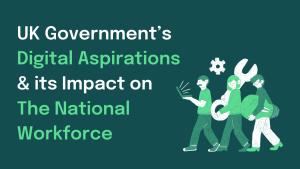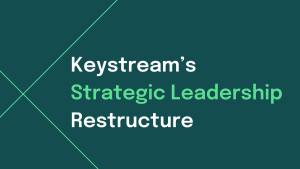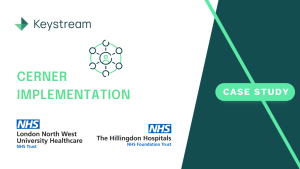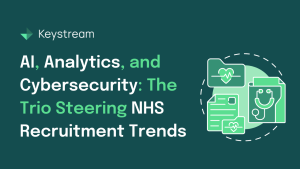27.09.2023
Training Collateral – The Importance of Governance
Training materials like lesson plans, user guides and quick reference guides play a critical role in the effective education and onboarding of staff, especially within complex EPR deployments. However, creating these materials is just one step in the process. Ensuring they meet rigorous standards and are consistently updated and refined is equally crucial. This is where governance and sign-off processes come in.
What is Governance in the Context of Training Materials?
Governance refers to the systems and processes that ensure training materials are of high quality, accurate, relevant, and consistent with the organisation’s objectives and standards. It involves establishing clear roles, responsibilities, and checkpoints for the creation, review, and dissemination of these materials.
Why is Governance Important?
- Quality Assurance: Proper governance ensures that materials are not only accurate but also effectively designed for learning, offering the best chance of knowledge retention and practical application.
- Consistency: Especially in large organisations or projects, multiple teams or individuals might be creating materials. Governance ensures a consistent look, feel, and quality across all materials.
- Relevance: As processes, tools, or objectives change within an organisation, training materials must evolve too. Governance helps in updating content to stay relevant.
- Risk Management: Incorrect or outdated training can lead to operational errors, non-compliance, or even safety issues. Governance helps mitigate these risks.
The Sign-Off Process: A Crucial Part of Governance
The sign-off process is a formal review and approval of training materials. It is important to identify and agree who is responsible for final sign off. In general, this should always be the workstream leads and their team. Whether this is within the business change team or clinical informaticists, it is important for them to engage early with the training manager and their team to agree checkpoints for review of material. Here’s why it’s essential:
- Validation: Sign-off acts as a final check to ensure the material aligns with organisational objectives and standards.
- Accountability: It establishes clear accountability. If there are issues or inaccuracies, there’s a documented trail of who reviewed and approved the content.
- Stakeholder Engagement: The sign-off process often involves multiple stakeholders, ensuring a holistic review and better overall quality.
Implementing Governance and Sign-Off in Training Collateral
Here are some steps organisations can consider:
- Establish Clear Guidelines: Before creating materials, have guidelines about style, format, content depth, and other criteria.
- Review Mechanism: Create a robust mechanism for review, involving subject matter experts, training experts, and end-users if possible.
- Feedback Loop: Post-training, gather feedback to refine materials continually.
- Documented Sign-Off: Use digital tools or platforms where signoffs can be documented, and version histories are maintained.
Conclusion
Training is pivotal in ensuring staff proficiency, which directly impacts organisational performance. Ensuring that training materials meet expectations through robust governance and sign-off processes is not just a best practice, it’s a necessity for modern organisations that aim for excellence.









